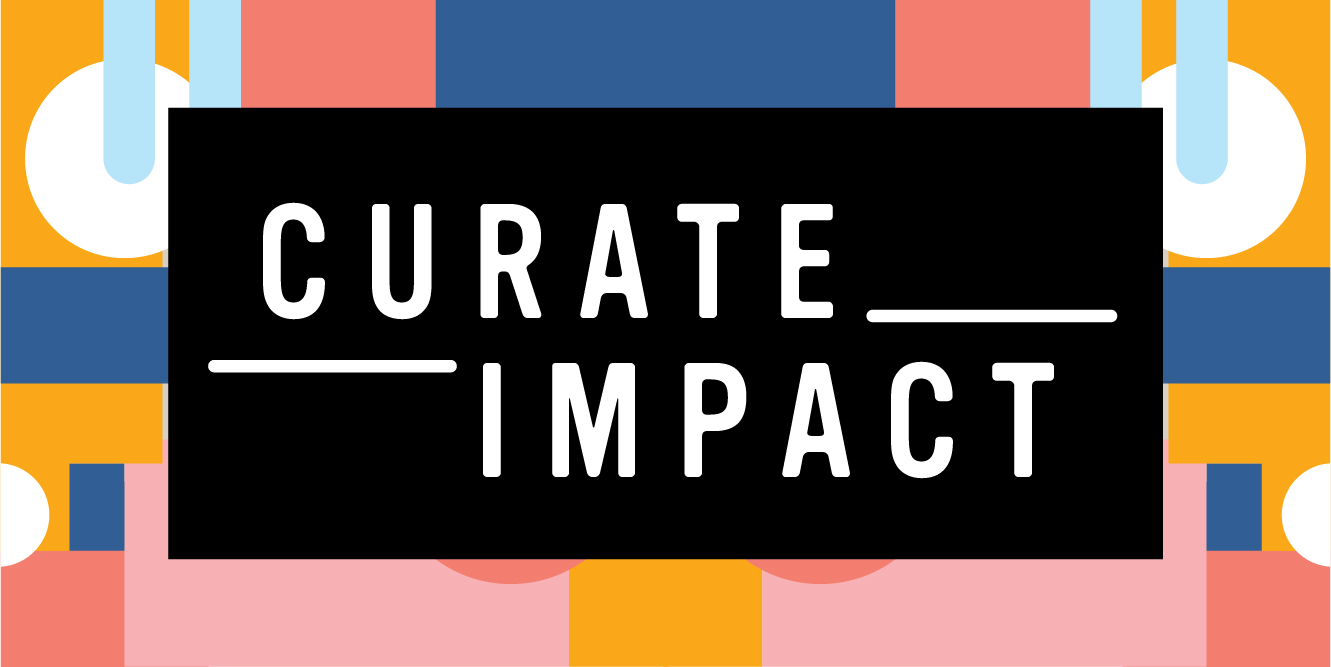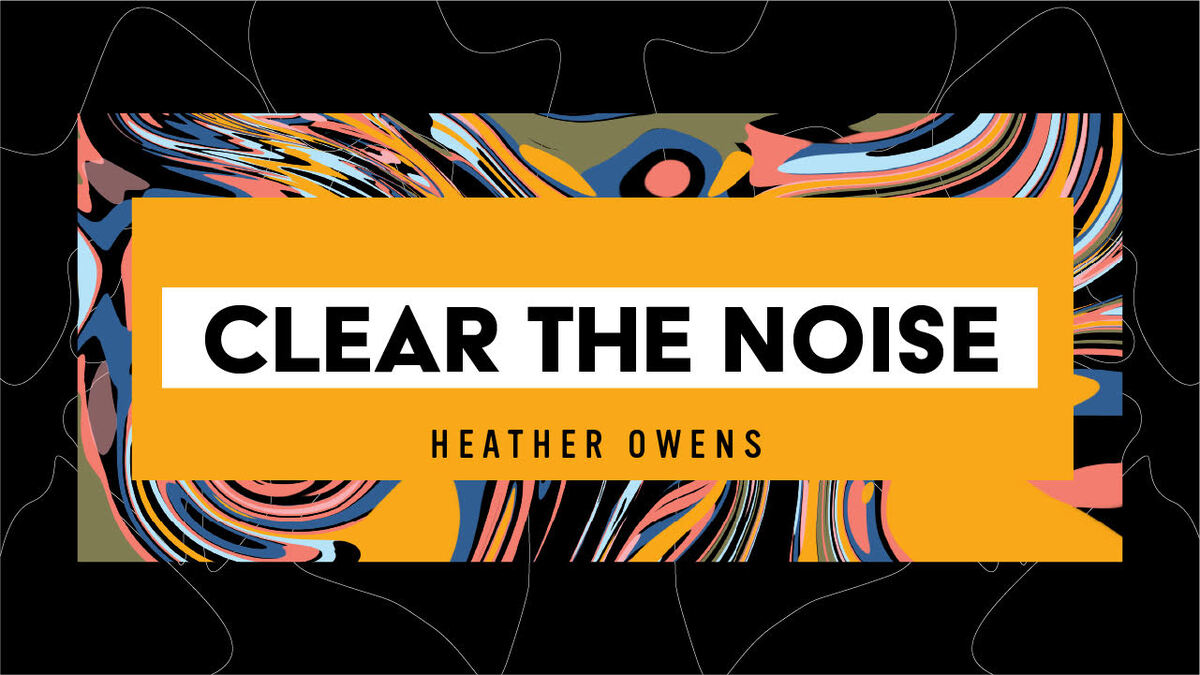This blog was originally shared on January 1, 2024. With the relaunch of our website (www.curateimpact.co), we are reposting our blogs on the new website and on LinkedIn.
In 2009, I casually dipped my toe into freelancing when I started a home organizing business side hustle. I was working full time in an office and felt drawn to 1) having more ownership and direction over my time and 2) a creative outlet for my natural “knack” for organizing, streamlining, and systematizing my space.
Decluttering my physical space and enhancing my personal organizational systems to make life “easier” has always been a way to reduce my anxiety. When my physical space is organized and I can easily find things, I feel ready to tackle anything in the personal or professional realm. This is especially true when my professional to-do list is significantly longer than what feels manageable (which, let’s be honest, is often!).
Similar to my past work as an Executive Assistant, my home organizing services provide my clients relief, calm, and the ability to direct their time and attention toward their priorities. Over the last 15 years of helping others organize their homes and offices, it has become abundantly clear that clutter costs money, time, and energy.
In the physical space - whether that be your home or office, clutter is the manifestation of delayed decisions. Things accumulate in your home because:
- they are broken (so you buy another one, but you are also confident you will eventually fix the original so you keep that one too),
- things are the wrong size or style (humans are designed to shape shift; it isn’t necessary to hold on to clothes from 6 years ago. Similarly the quilt you bought for the guest room, but is the wrong size, go ahead and gift it forward), and/or
- you couldn’t find the original item (one organizing client had 7 can openers! Seven!).
When you have clutter or are disorganized, you are spending money to replace items you can’t find, you are spending time looking for your keys that you were confident were on the kitchen counter, and you are spending energy maintaining a home that makes you anxious.
Clutter also appears in the professional space. It can look like a cluttered desk or office, but more commonly, it looks like a cluttered inbox, too many commitments, projects, and/or goals, and disorganized digital files. Similar to physical clutter in your home, clutter at work is a visual representation of procrastination and delayed decisions.
Similar to personal clutter, clutter at work costs you money, time, and energy. Two clear examples:
- Paying for too many platforms that are either underutilized or no longer relevant costs you money.
- Committing to all the external meetings without direct alignment to your priorities costs you time, energy, and possibly (but very likely) money.
The definition of “priority” is “a thing that is regarded as more important than another.” One thing I have noticed, both in the personal and professional spaces, is that people have so many “priorities” that it is hard to understand what the true “priority” is. Both as a home organizer and as someone who provides operational support, one of my goals is to support my clients in identifying what is most important to them and working alongside them to clear the noise.
As you start a new year (or season!), in the personal and professional space, I encourage you to:
- Definite your priorities. I strongly encourage you to keep this list short. I try to commit to 1 - 3 priorities maximum in each space.
- Clear the noise. Once you have deeply refined your priorities and know where your focus will be, it is critical to begin to clear the unnecessary clutter. Commit to advocating for your priorities. When new opportunities come your way, decide if there is alignment to your priorities.
- Step back and assess how you are actually using your time - completing a time audit is a valuable exercise (one you can outsource! Conducting time audits is one of my favorite services I offer!) to determine if your time is actually being spent in pursuit of your priorities. Consider it a bit of an archaeological dig! Your calendar and email sent box are tangible receipts of what you are actually prioritizing.
- Reevaluate if your priorities are the “right” one/s and make adjustments - you should regularly re-evaluate your priorities. Markets, industries, and trends shift. As a freelancer or small business owner, you need to be nimble in your work. Be comfortable with changing course.
If you need support in identifying your priorities and clearing the noise, reach out! Members of the Curate Impact community bring a wide range of skills to support you where you are to help you get where you want to go.
Meet the Author: Heather Owens is the Founder of Curate Impact. In addition to aspiring to connect people with one another, with resources, and with opportunities, she provides direct operational support to social and environmental impact executives and companies. In her free time, she helps Baltimoreans organize their homes.
Connect with Heather: Reach out via email for inquiries related to direct operational support or organizing support. Follow Curate Impact on Instagram and reach out via email with any questions you may have.
A community of freelancers and small business owners built for impact.Curate Impact
Join the Slack Community!


